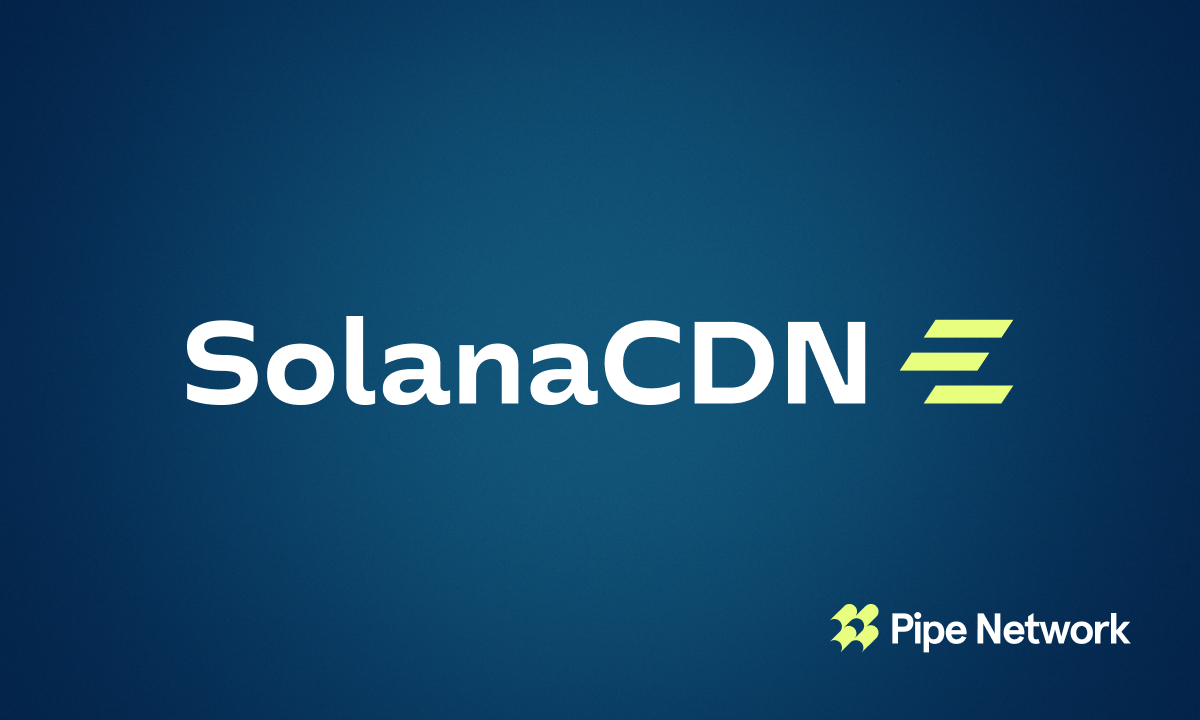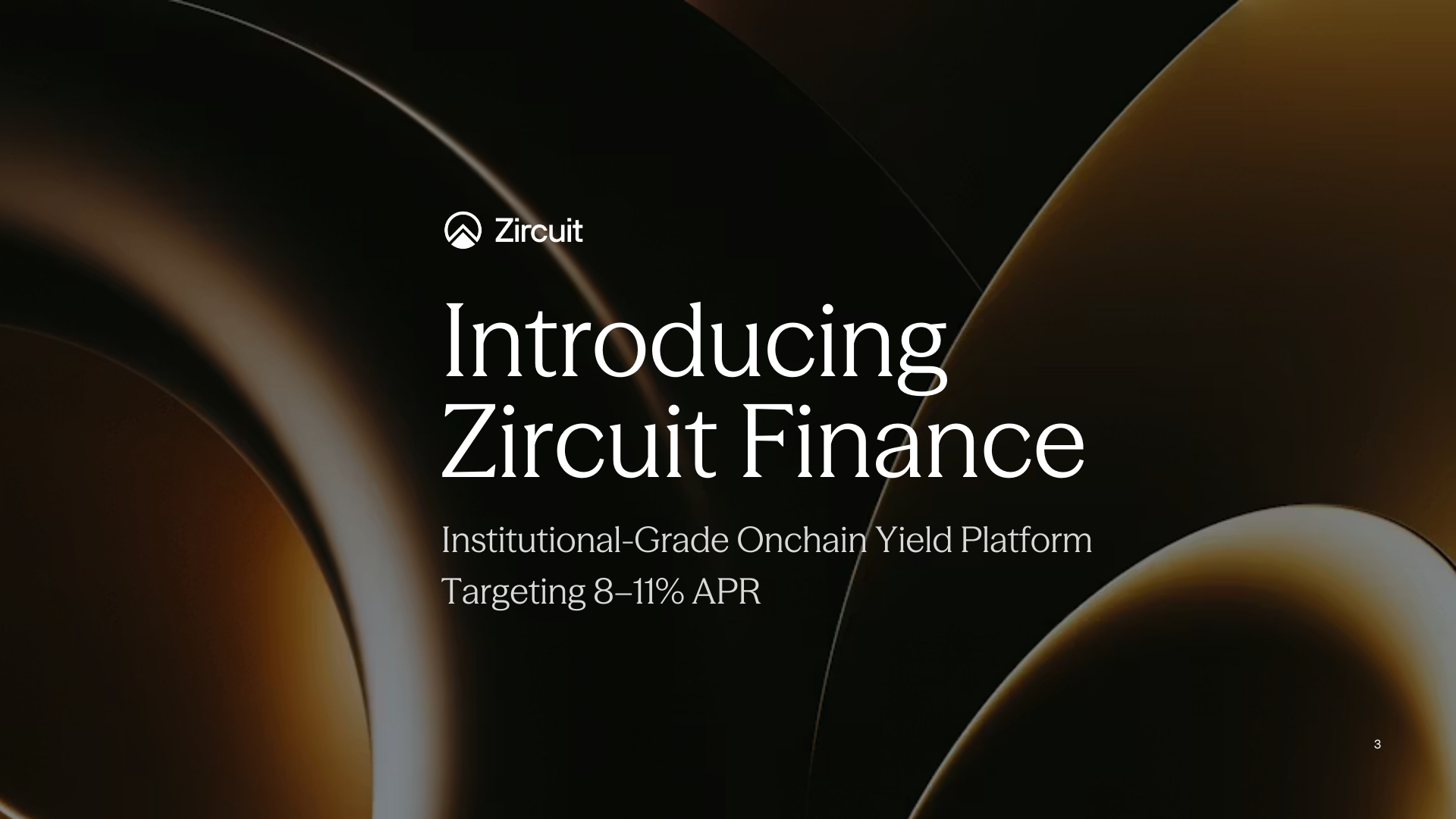Key Insights
- PayPal’s PYUSD stablecoin could pose a threat to the Ethereum ecosystem.
- There are some centralization concerns with PYUSD.
- The stablecoin is issued by Paxos, not PayPal, and this means that PayPal does not guarantee Paxos’ performance or any of its obligations.
- The PYUSD smart contract was created using an outdated version of Solidity, which could make it vulnerable to attack.
- PayPal has a history of freezing user accounts, and there is no guarantee that they would not do the same with PYUSD accounts.
The exciting news of Paypal launching its own cryptocurrency hit the mainstream media this week, adding to the list of fresh happenings in the crypto space.
This new cryptocurrency, a stablecoin called Paypal USD (with ticker symbol PYUSD) was a welcome addition to the growing list of ways that users and non-users of PayPal could buy and sell goods and services.
However, PayPal USD was built on the Ethereum blockchain, and the emergence of this newcomer may pose a more sinister threat than anyone realises, to the entire ecosystem at large.
Let’s see how:
PYUSD Got a Warm Welcome
PayPal was already a payment giant before the advent of its stablecoin. With an average yearly revenue of more than $25 billion, PayPal was perfectly poised to compete with some of the biggest names in the stablecoin issuance industry like Circle (issuers of USDC) and Tether (issuers of USDT).
However, Tether’s CTO, Paolo Ardoino mentioned, during PYUSD’s launch, that the new stablecoin would have no effect on Tether, and Jeremy Allaire, Circle’s CEO even praised the newcomer.
However, less than a week after PYUSD’s launch, Jamie Coutts, a crypto market analyst at Bloomberg, has offered his opinion on the recently created Paypal stablecoin PYUSD and the potential effects it may have on other cryptocurrencies.
Coutts even mentioned Ethereum and the Ethereum ecosystem in particular.
How PayPal’s Stablecoin Effects Ethereum
In a tweet published on Thursday this week, Coutts drew attention to the number of daily PayPal users. When compared with the number of daily Ethereum users, it is clear to see that PayPal dwarfs Ethereum by a very wide margin
Recall that we mentioned in the previous section, that PayPal was already a payment giant before venturing into crypto.
According to Fortunly, over 426 million active PayPal accounts are currently used, over 500,000 websites currently list PayPal as one of their accepted payment methods, and in 2021, PayPal processed an average of 57.61 million transactions per day.
Judging by this, Jamie Coutts may not be wrong.
In the tweet, the analyst mentioned that there are over 435 million active PayPal accounts, compared to Ethereum’s 1 million active wallets (both in L1 and L2.
In particular, Coutts mentions that if even 1% of PayPal’s active users switched their USD balance to PYUSD and started actively using it, this figure would sit at $4.35 million and would still severely impact the Ethereum Ecosystem.
Centralization Concerns With PYUSD
It turns out that all may not be fully well yet with PYUSD.
The hallmark of cryptocurrencies has always been centralization, and the freedom of users to do as they please with their own money.
However, members of the cryptocurrency community have warned of some centralization risks.
Pashov, for example, a smart contract auditor and hobbyist on Twitter, examined the stablecoin’s code and found a few issues with the PYUSDY code.
Pashov described these issues in a tweet, as “centralization attack vectors” that allow PayPal to freeze and delete balances, any way they please.
Another software engineer, with the username Cygaar, also found a few issues with the contract.
According to Cygaar’s tweet, the PYUSD smart contract was created using an “extremely outdated” version of Solidity. This single flaw also gives the creators the power to freeze assets and manipulate the token’s (PYUSD) supply.
However, this does not make PYUSD unique or even dangerous in ways other popular stablecoins like USDT and USDC are, as pointed out in this tweet, by ChainLinkGod.eth, another community ambassador at Chainlink.
“Still don’t like it? There’s a simple solution, don’t use it†the tweet says.
Paxos, Not PayPal
According to a tweet from Slorg, a former Blockchain Investigator, PYUSD is backed by Paypal but is issued by Paxos.
This means that the stablecoin’s usage is subject to Paxos’s terms and conditions, and not Paypal’s.
How is this a problem?
PYUSD being issued by Paxos and not PayPal means that customers who use the stablecoin would actually be dealing with Paxos, and not the latter.
“By interacting with their token, you are agreeing to their own set of terms and conditions,” the investigator’s tweet says.
This means that Paypal, at any time, may stop supporting PYUSD without any prior notice.
And if that wasn’t bad enough, Paypal does not guarantee Paxos’ performance or any of its obligations in any way or form.
It gets worse.
Recall that the US Securities Exchange Commission (SEC) and the New York Department of Financial Services also took enforcement action against Binance USD (BUSD) and its issuer… Wait for it… PAXOS, earlier this year February.

This caused a lack of trust, which caused the market cap of BUSD to plummet from a high of $23 billion to $3.42 billion as illustrated by the chart above.
Huobi Jumps On PYUSD
All of this doesn’t seem to concern Huobi though.
According to a new announcement from the crypto exchange, Huobi will now be supporting PYUSD with zero trading fees.
Huobi further announced that it would make the zero-fee policy permanent, and will soon begin providing customers with PYUSD/USDT trading pairs.
However, the exchange also mentioned that it would only start trading the pair, “when the market circulation and liquidity conditions are favourable.”
PYUSD is now part of the Ethereum network. And whatever happens to one, happens to both in one way or another.
Are the issues with PYUSD something to overlook, or should the crypto community be wary?
Disclaimer: Voice of Crypto aims to deliver accurate and up-to-date information, but it will not be responsible for any missing facts or inaccurate information. Cryptocurrencies are highly volatile financial assets, so research and make your own financial decisions.









